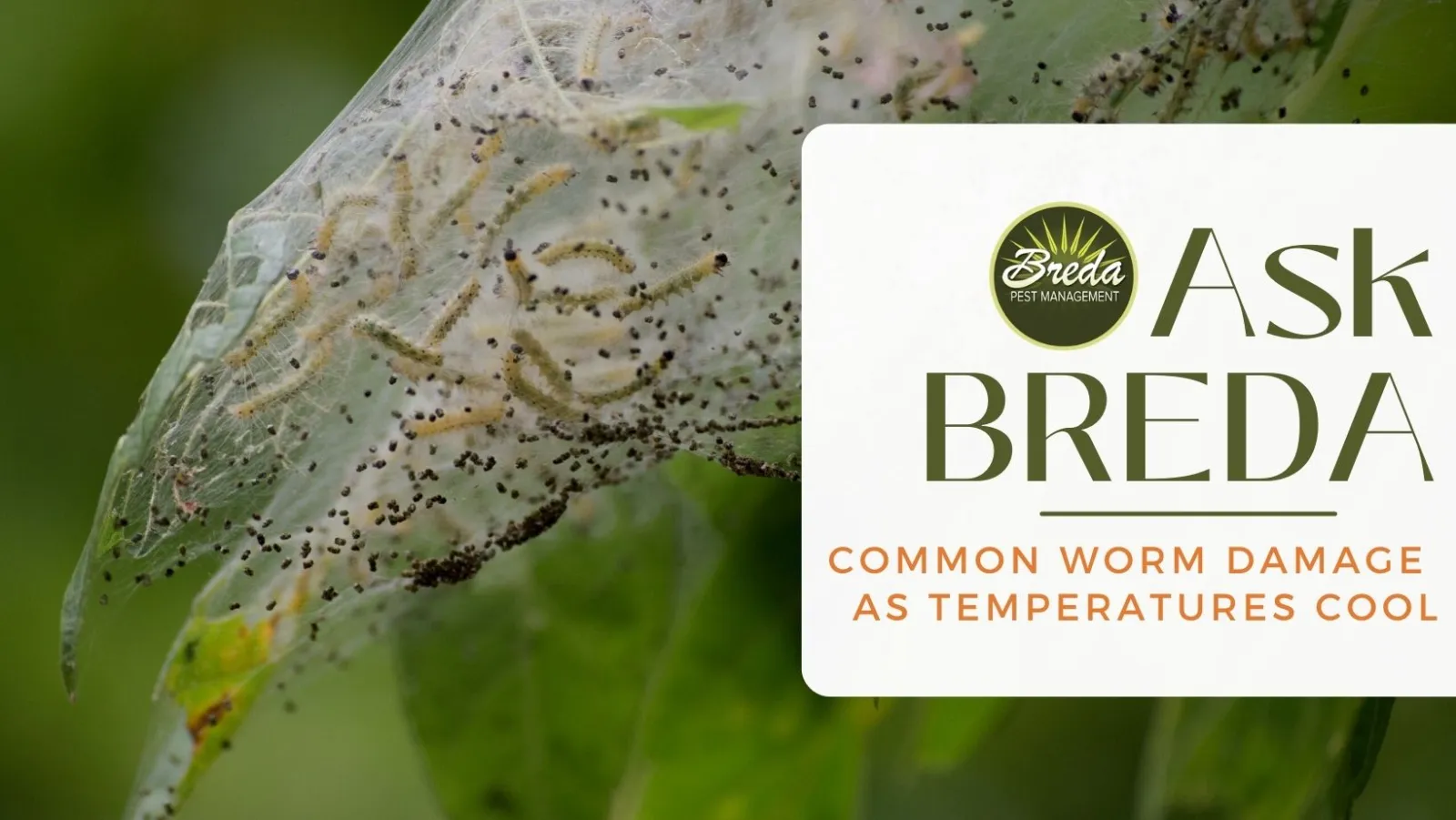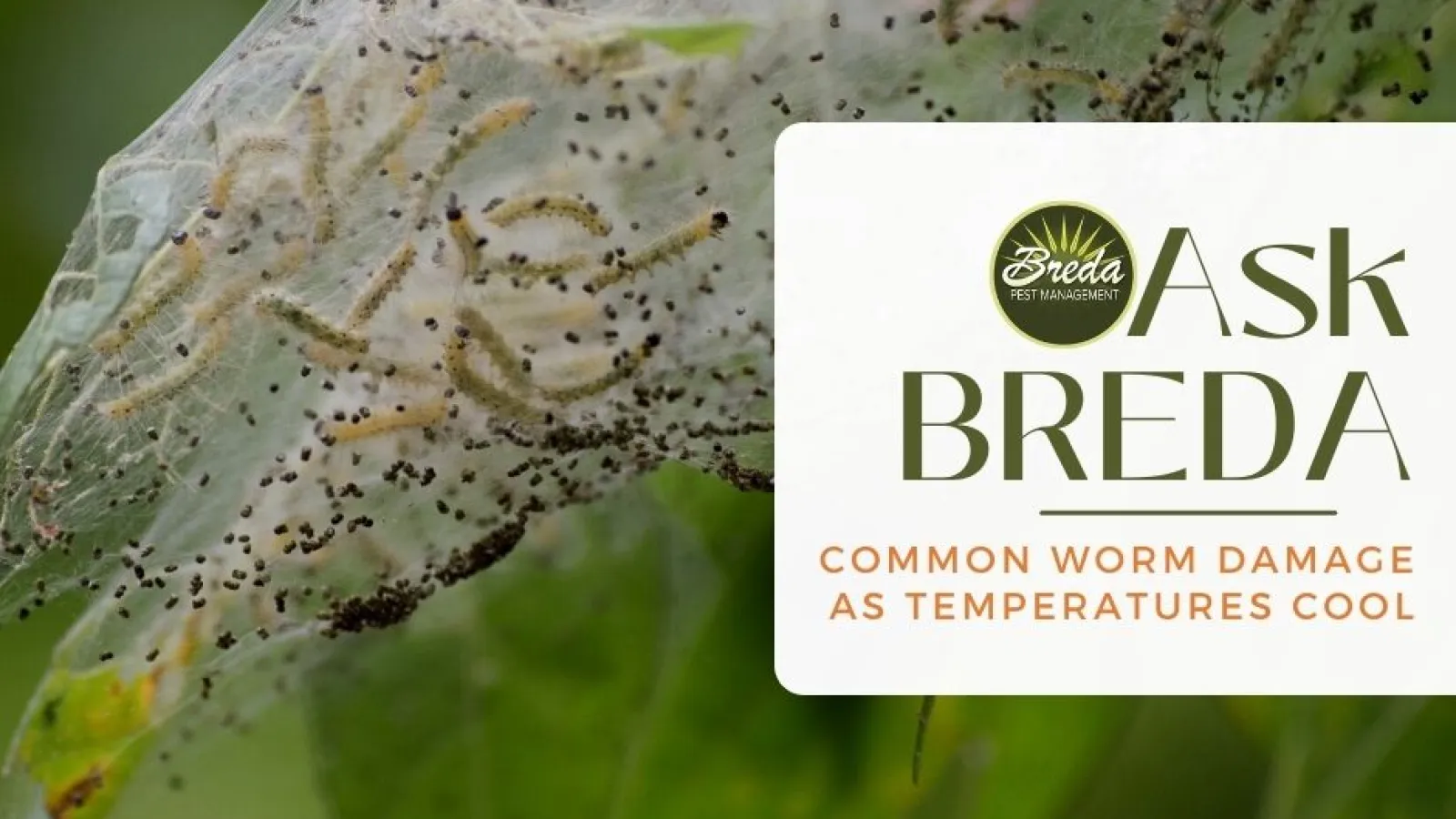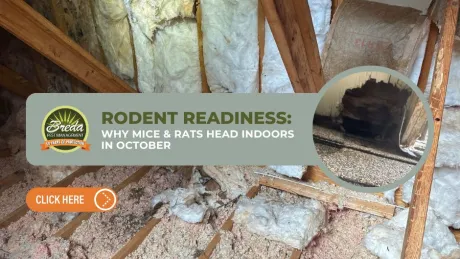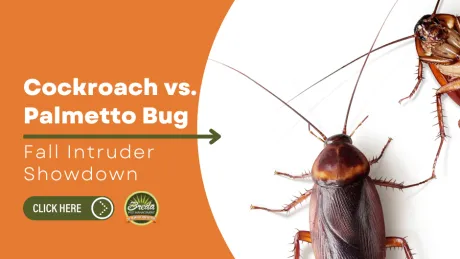
What are those cobwebs in trees around Atlanta?
We love providing Metro Atlanta homeowners with superior pest control service and top-notch information on how to combat common insects and critters in Georgia. But we also know that sometimes you just have a random question you'd love a quick answer for.
If you've got a pest question, reach out to us on Facebook and Instagram with your question and use the hashtag #AskBREDA. Then check back to the blog each month to see if we tackle your question!
This month, we received these questions:
Question: Why are there huge cobwebs in my tree branches?
As Georgia prepares for cooler weather (yes, we promise it's coming!), you will start to spot nature beginning to prepare too. Your first thought when you see these webs is that you have a massive spider problem on your hands, but the webs you're spotting actually belong to fall webworms. These worms will eventually turn into moths, so the webs the larvae build are meant to protect them as they go through their transformative phase.
Will webworms hurt your trees? Most likely, no. Webworms eat tree leaves to store up enough energy for metamorphosis and will leave tree branches and trunks alone. To rid your trees of these pests, simply open up the webs with a broom handle or a branch, and then watch birds come in and gobble up the worms.
Question: My lawn has giant patches of brown, dead grass. Is this a pest problem?
What you're describing could very well be the work of fall armyworms. Last year was a particularly aggressive "outbreak year" for these pests, so it's likely that this year will be another problem season. Fall armyworms are moths as adults and this is how they spread so rapidly as the weather cools. The adult moths ride the wind up from the southernmost parts of the country, and once they've found suitable homes, the moths lay eggs, which then hatch and develop into the fall armyworm. It's at this development stage that the damage is done to your lawn.
The fall armyworms enjoy feeding on bermudagrass, ryegrass, fescue, and bluegrass. If your lawn is well-established and otherwise healthy, your grass should bounce back from the damage. If you've recently seeded new grass, though, you will likely lose your new grass shoots and will have to reseed. It's important to act quickly when you first spot fall armyworm damage, and treatment is a simple application of granules.
If you find yourself needing pest control and want it handled thoroughly, don't hesitate to give us a call. The BREDA Guarantee promises to fix your pest problem and keep it fixed—no matter the circumstances. Schedule a consultation online or give us a call at 770-466-6700.



